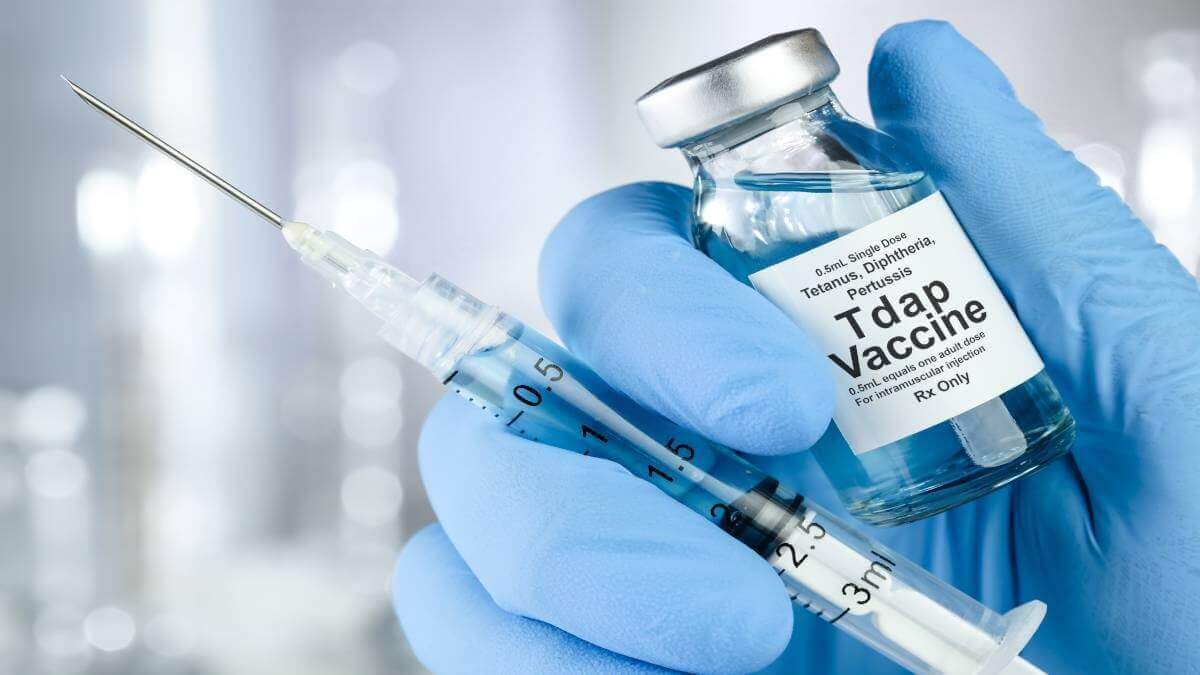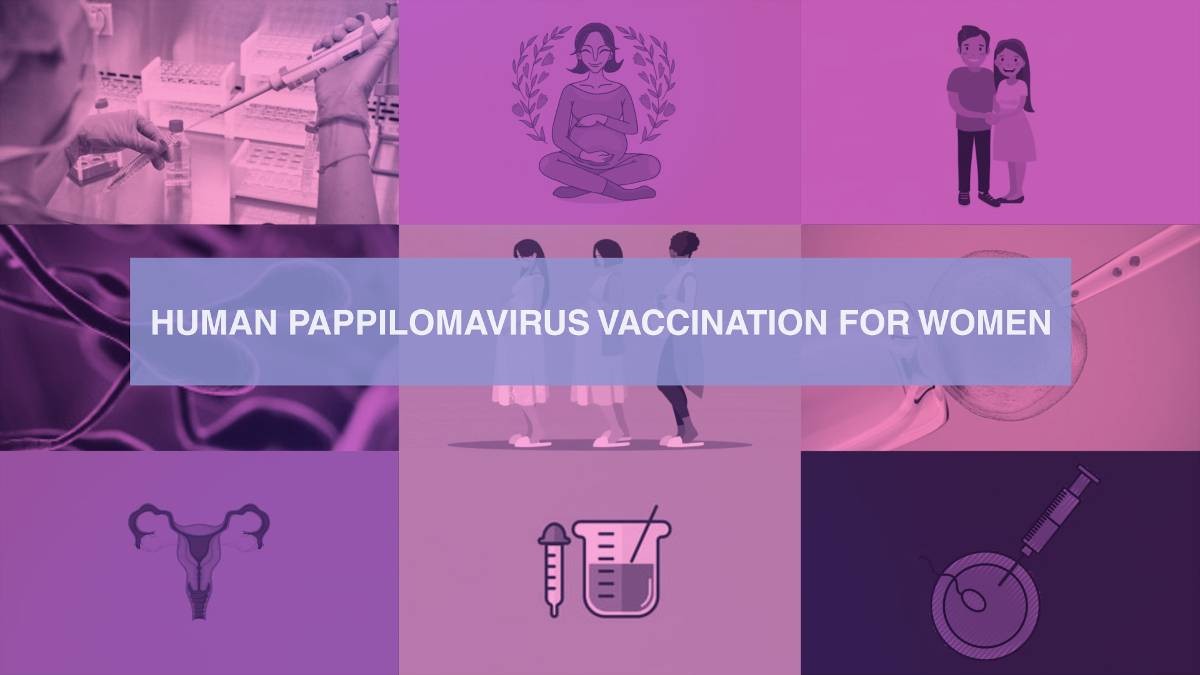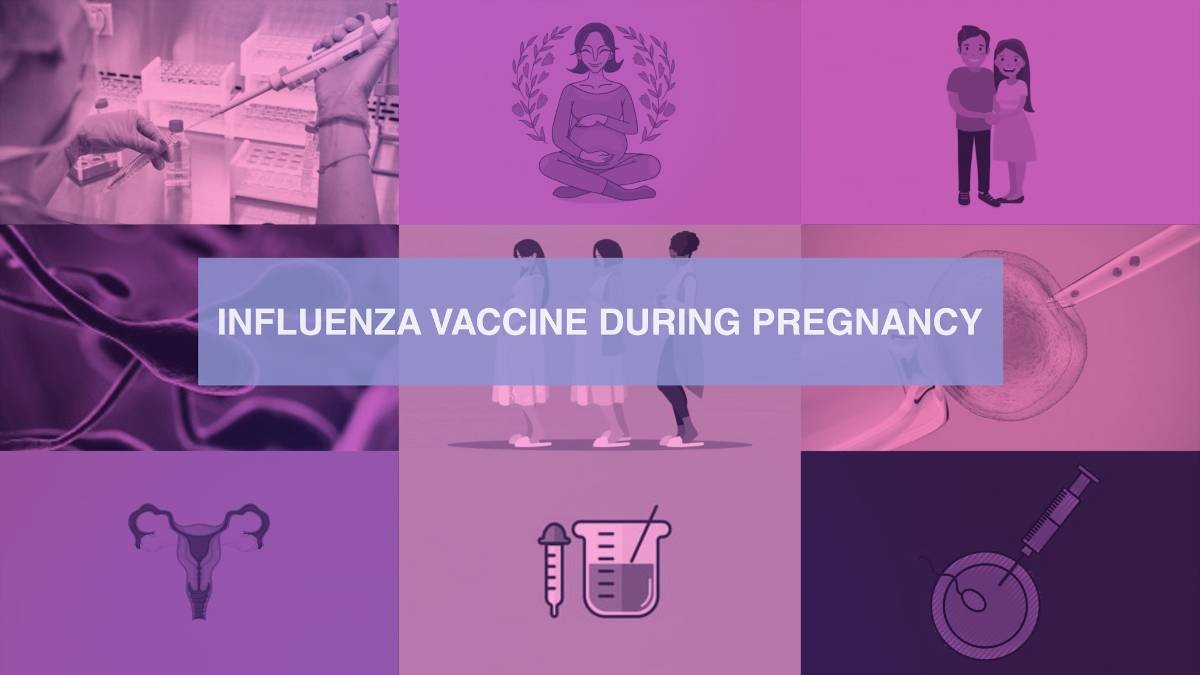Varicella and MMR are highly contagious disease.
Varicella
Varicella or chickenpox is a highly contagious disease which is caused by the varicella-zoster virus. The virus spreads easily from people with chickenpox to others who have never had the disease or have never been vaccinated. The virus spreads mainly through close contact with someone who has chickenpox. The infection results in itchy rashes and blisters starting first on the chest, followed by on the back, face, and then the rest of the body. The illness lasts for about 4-7 days.
MMR
MMR stands for measles, mumps, and rubella. An infected person can spread the virus by:
- coughing, sneezing or talking
- sharing items that may have salivae on them, such as water bottles or cups
- participating in close-contact activities with others, such as playing sports, dancing, or kissing.
- Measles: Symptoms of measles can often be confused with that of the flu. The infected person experiences cold, runny nose, cough, and fever. Rashes on the body and diarrhea usually follow this. Worse cases may cause damage to the brain. It’s important to know that symptoms show up 7-14 days after contact with the virus.
- Mumps: Mumps is best known for the puffy cheeks and a tender, swollen jaw. Mumps show symptoms like fever, headache, fatigue, and a loss of appetite. It can cause swelling in the ear region and can lead to deafness. In worse cases, it causes the brain to swell. The ovaries tend to feel painful and swell up.
- Rubella: Symptoms of Rubella include headaches, fever, throat pain, and eye infections. Pregnant women infected with Rubella can result in a miscarriage, or the baby may be born with severe health conditions. Therefore, termination of pregnancy is advised as soon as rubella is diagnosed.
HEPATITIS B
Hepatitis B is a liver infection caused by the Hepatitis B Virus. The virus stays in the body, causing a lifelong illness. Hepatitis B can cause serious health problems over time. These problems can include liver cancer and liver failure. Hepatitis B is spread when blood or other body fluid infected with the hepatitis B virus enters the body of a person who is not infected. This can happen in multiple ways, including getting Hepatitis B from an infected mother at birth.
Hepatitis B may remain asymptomatic for decades. However, symptoms include vomiting, pale yellow skin, tiredness, abdominal pain, and dark urine.
Prevention of all these infections with the help of vaccination
Varicella:
The best way to prevent chickenpox is to get the chickenpox vaccine. Everyone – including children, adolescents, and adults – should get two doses of chickenpox vaccine if they have never had chickenpox or were never vaccinated. Varicella vaccination needs to be well planned in cases of pregnant women taking the same or those women who are trying to conceive. A proper timeline needs to be discussed with a trained medical professional as it is usually advisable to keep a minimum 1-month gap between the timings of vaccine administration and that of getting pregnant.
MMR:
Ideally, children should get two doses of MMR vaccine:
- the first dose at 12 through 15 months of age, and
- the second dose at 4 through 6 years of age.
In adults, it is recommended only for those who meet the age requirement of 19-60 years, who lack documentation of vaccination or those who lack evidence of past infection.
MMR vaccine is contraindicated in pregnancy and immunocompromised individuals.
Adults who work in healthcare facilities and adults who are students in postsecondary educational institutions or plan to travel internationally should receive 2 doses of MMR at least 28 days apart.
Women should not plan a pregnancy in between the two doses or up to one month later from the 2nd dose.
Hepatitis B: Mothers testing positive for Hepatitis B must also get tested for Hepatitis B e-antigen (HBeAg). If she tests positive, the doctor will provide her with prescribed oral medication around 30 weeks to minimize the probability of the baby contracting the infection. Timely information needs to be provided to the doctor handling the delivery. The measures that will be taken to ensure the newborn does not contract the virus are as follows:
Two shots of the vaccine need to be given to the baby as soon as it is born in the delivery room itself. This includes one dose each of:
- Hepatitis B Vaccine
- Hepatitis B Immune Globulin
Similarly, the husband also needs to undergo testing and according to his status, precautions can be explained.
Special thanks to Dr. Bhavini Shah Balakrishnan (Consultant Obstetrician and Gynaecologist, Mumbai) for the expert advice.







